Dana Mortada, a Lebanese-American designer based in Los Angeles, is at the helm of a luxury womenswear brand fresh off its first collection: Dāl the Label. With a philosophy on capsule wear and slow batch production, Mortada’s brand is driven by the marrying of her environmental values along with her “passion for fashion.”
Though Dāl the Label has still not yet reached its one-year milestone, the brand has already released its core capsule collection, as well as established its local and online presence. The signature neutral, contemporary style designed to elevate everyday wear is one of Dāl the Label’s strongholds; a philosophy surrounding circularity and usage of sustainable fabrics consist of the other pillars of her brand.
Origins
With connections to Lebanon, Italy, and the States, Mortada’s journey to her eventual brand had already been paved by a slew of successes in the fashion industry. Mortada managed to thrive in the Middle East’s fashion world, from leading her own shoe brand to working at Marie Claire Arabia. But all the while, the creation of Dāl was always on her mind.
Starting during the pandemic and in the midst of her pregnancy, Mortada had a vision to create a wardrobe that suited modern women who do it all; those, like herself, who are mothers, creatives, and career-oriented. “I want to make these women feel good, and feel like they can conquer the world in our pieces”, Mortada said in an interview with FashionUnited.
As much as Dāl the Label is a passion project inspired by her ethics, it’s also an homage to her heritage. “I love my culture, and I love Lebanon so much. It’s home,” says Mortada. A country with a history of French colonialism, Mortada fuses both cultural influences in her branding via European tailoring and Middle Eastern craftsmanship.
Aesthetically, the distinct influences can be seen in the pieces’ classic silhouettes as well as its modest fit. With a focus on materiality and texture, Mortada said: “It’s about comfort at the end of the day; it was the biggest word on my mood board.”
Perspective
From oversized blazers to silk dresses, Dāl the Label’s premiere capsule collection offers wardrobe staples that are meant to be worn and worn again “without feeling bored of it.” The concept of a small-batch capsule model came to Mortada after years of working with fashion brands that relied heavily on fast fashion, countering her personal views of responsible production and an overall slower approach.
The first step was delving into manufacturing research in California, where Mortada discovered the “rabbit hole of sustainable fabrics” — many of which she carefully selects and works with in production. Some of these fabrics include local organic cotton, untreated flax linen, and Tencel, which is often used in lining.
Mortada sources these fabrics from a number of small factories and ateliers in Southern California. Her organic cotton pieces are derived from cotton milled in Los Angeles, and Mortada is still on the hunt for more LA-produced sustainable fabrics.
The idea of circularity manifests itself in Dāl the Label’s approach not only to practices, but consumer education. Mortada’s stance on personal perspective is an integral part of the brand, through in-depth care education, design for long term wear, and pushing the narrative of mindful respect for one’s belongings. Mortada states all in all, “we don’t want you to buy more than you should.”
Landscape
Mortada works firsthand with garment workers of Los Angeles’ downtown Arts District, a known hotspot of clothing production — and of worker exploitation.
A recent report from the US Department of Labor revealed that many American garment workers are paid as low as 1.58 dollars an hour, with LA being the epicentre of this phenomenon as the nation’s leading manufacturing hub.
Mortada’s close proximity to this landscape has taught her to be vigilant in her search for factories to partner with. “As much as you try to do your research and connect with the head of the factory, there’s always something underlying,” says Mortada. “I’m very adamant about meeting owners, asking what they work with, and gathering all this information, and [when] you find out there’s an extra piece that you didn’t know about…it just hits you in the face.”
Producing as few as ten pieces of a style at a time, Mortada faced great limitations early on in finding the right factories to work with, which often called for high volume manufacturing upon acceptance of a partnership.
Mortada also intends to implement a pre-order system, which wouldn’t satisfy the requirements of the majority of factories in the area. Navigating this precarious environment has led to challenges, but she’s found her way. “Thankfully, for us, we work with very selected ateliers. We work with small production teams, and we don’t mass produce,” says Mortada.
Growth and business
Starting out with wholesale, Mortada works with a select few showrooms that can accommodate her slow fashion approach. “I’m not committed to producing 20 or 60 pieces every season,” says Mortada.
Like factory minimums, many wholesalers ask a brand to commit to at least 5 collections a year. Standing out from the majority, Mortada’s showroom not only allows her to work in small capsules, but also allows the repetition of styles.
Mortada is noticing a shift happening, where more showrooms are accepting brands like hers; evergreen, timeless styles can be bought by buyers over and over, and it doesn’t always have to be a completely new collection.
Another benefit to working with capsules? Less excess inventory. “It sells out, great, we can produce on pre-order, and that’s it. It’s a simple equation.” This way, Mortada can manage surplus, and will not have to rely on sales to get rid of stock, which to her, “dilutes the concept”.
“It’s really expensive to make a garment; especially if you’re a small brand, especially if you’re local.” Paying the price of working with an array of natural fabrics and fibres, along with the high cost of production, has resulted in a luxury price point that Mortada stands by; a price point that reflects the ethos of high quality and high ethics, ranging from 175 to 700 dollars
For Mortada, the sweet spot is finding a consumer base that understands what goes into the price point from a value-motivated point of view, and continuing to be more transparent about the cost of making more eco-friendly choices. “It was tough for me to see if people would gravitate towards the brand, but I was happy to find a community that really appreciated what we’re doing.”
Future ahead
Though Dāl is more-or-less a fully realised brand, Mortada is still checking things off her to-do list. 2023 will see more mini-drops throughout the year, new colourways, reworked essentials in new textiles, and another fall capsule.
Dāl the Label is still strictly online, and is looking to grow its local retail presence by working with small, sustainable-minded boutiques and sending out orders to stockists. And locality is paramount, as Mortada is still looking for new fabric sources around her: “I want to support where I’m living no matter what.”
To honour her international roots even more, she also is setting sights to find ways to tie in Lebanese craftsmanship, whether through a custom textile print, imported goods, or a collaboration with a designer.
Since launching, her turnover growth in sales hasn’t reached the highest percentages yet, which Mortada attributes to focuses on recognition. “When you first launch, it’s all about brand awareness. It’s not all about turnover and sales. That’s the first focus: community.”
A strong awareness of what her brand is doing right is also working in her favour. “We haven’t hit the one year mark since we launched, but we know what people are coming for: the blazer, the suit, our organic cotton pieces and bodysuits. Now we understand where we’re heading, and our future designs are being taken in that direction.”
In terms of further eco-conscious initiatives, Mortada also expressed interest in releasing a smaller capsule using excess fabrics from prior collections; finding new ways to make her brand evermore ethical for herself and for her consumers. “It’s a lifestyle brand. Community is really important to Dāl; that’s our biggest message. It’s not just the garments, it’s also being part of something.”



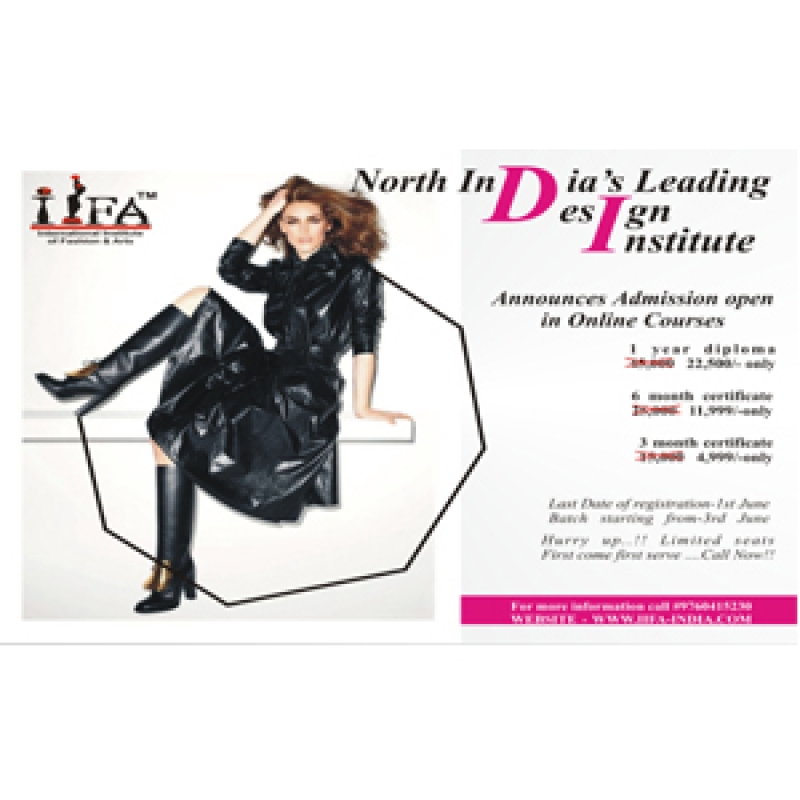





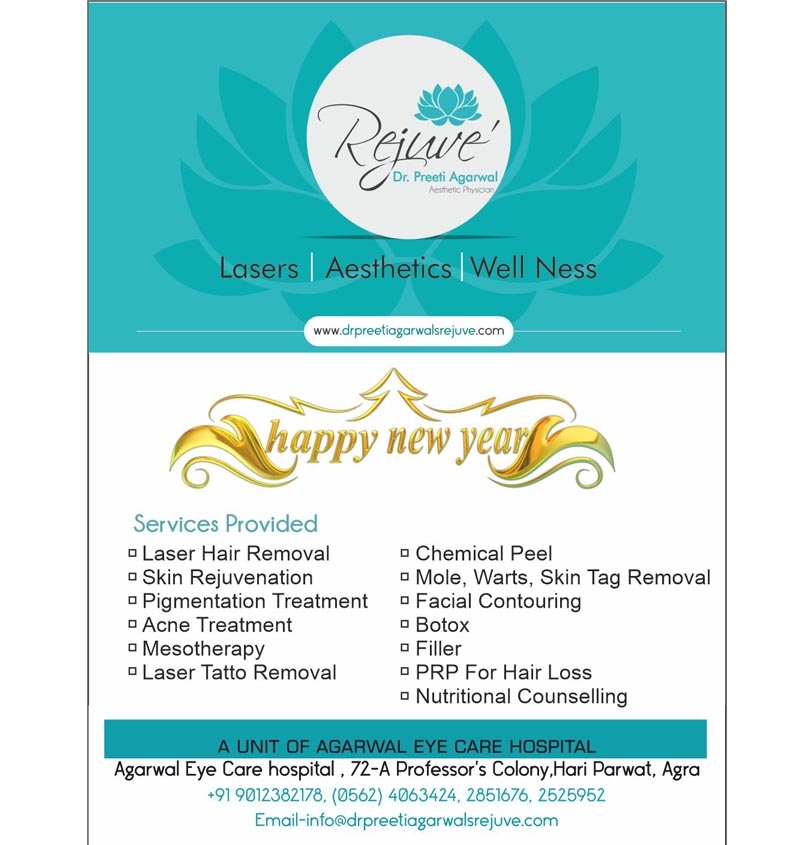

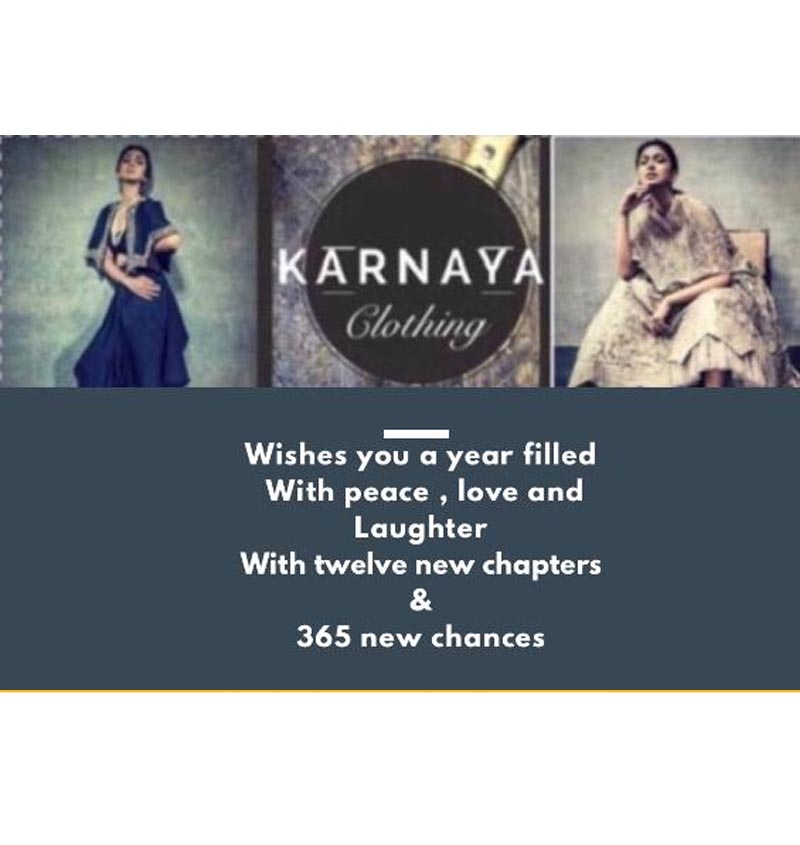



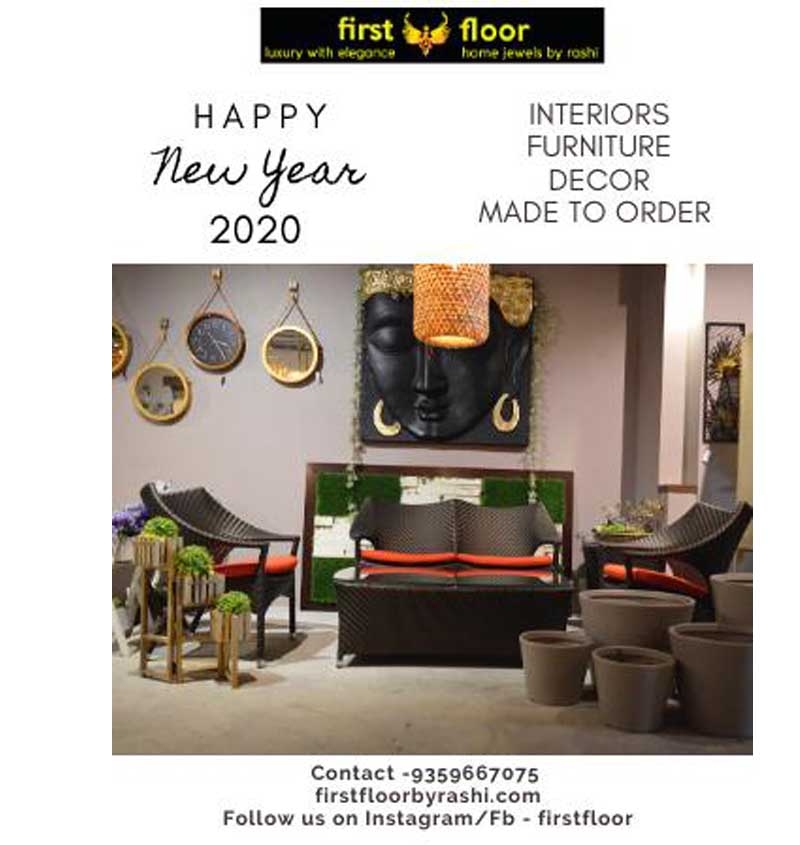


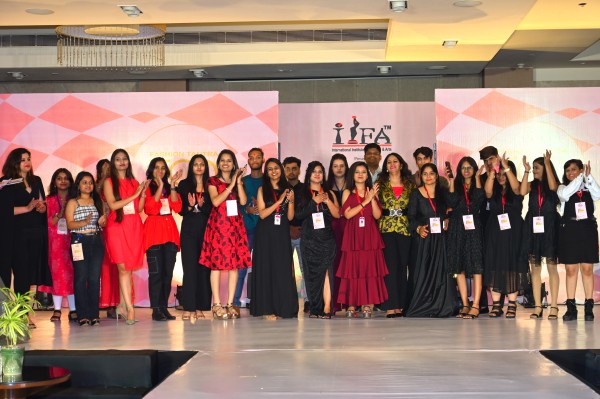
Your Message